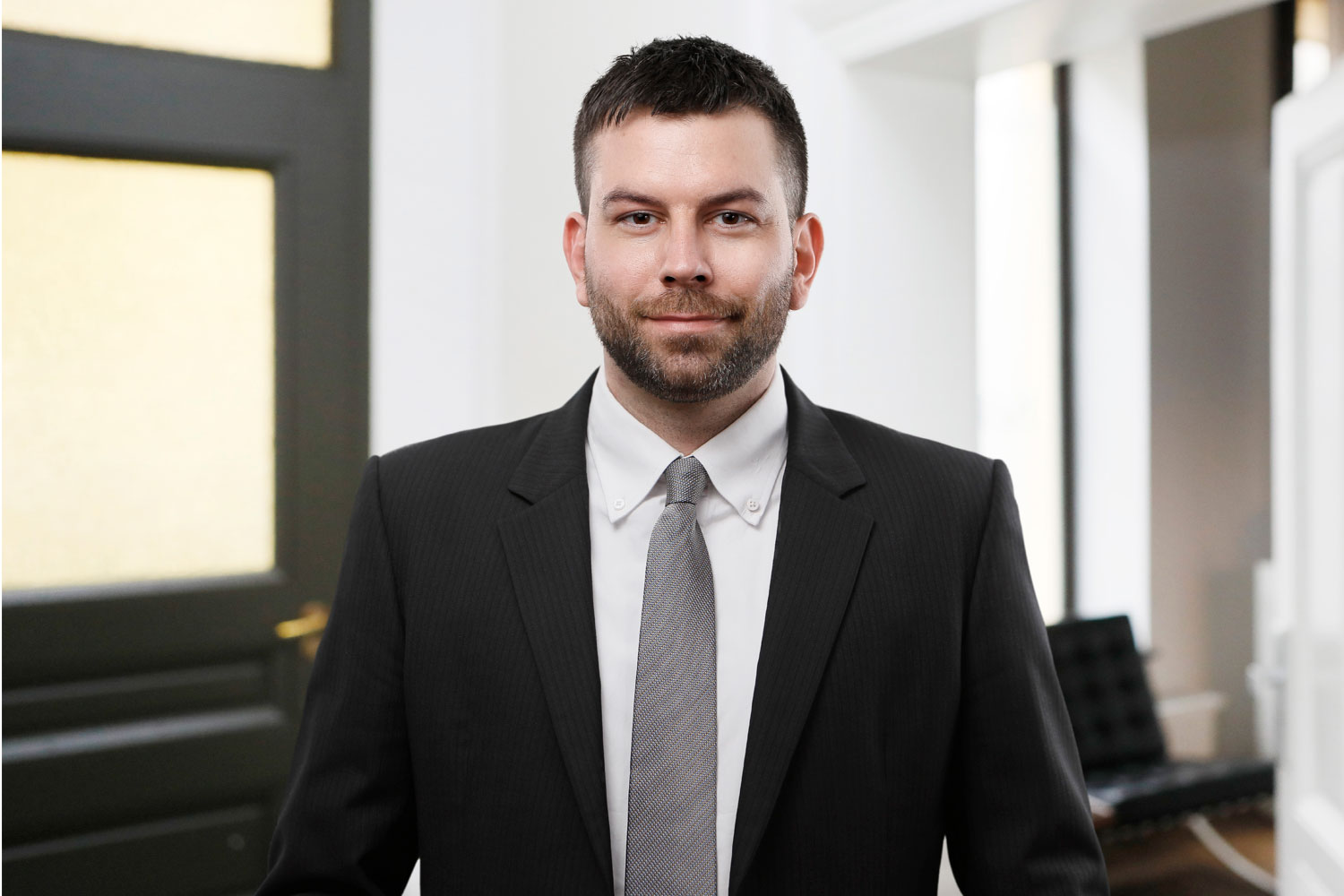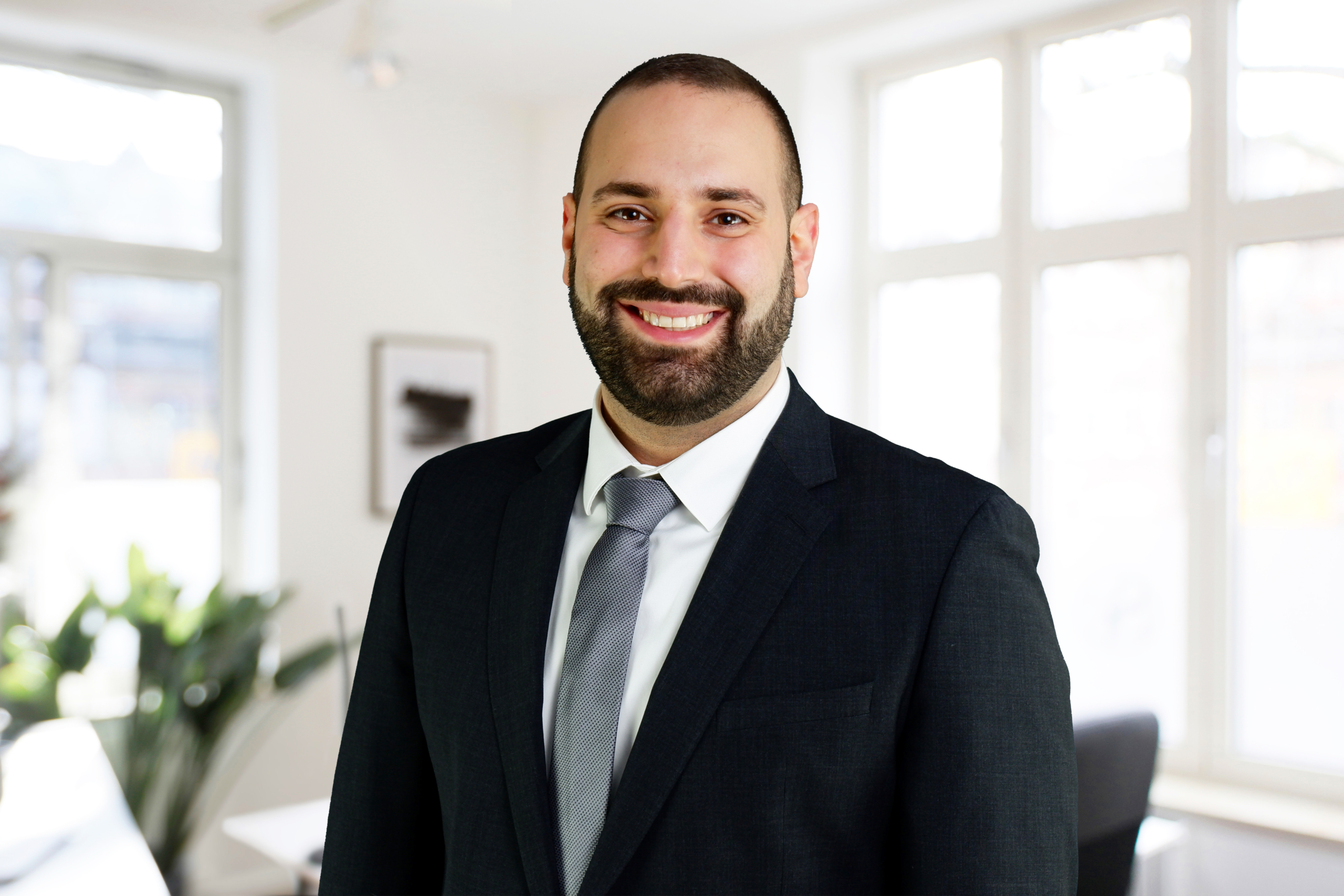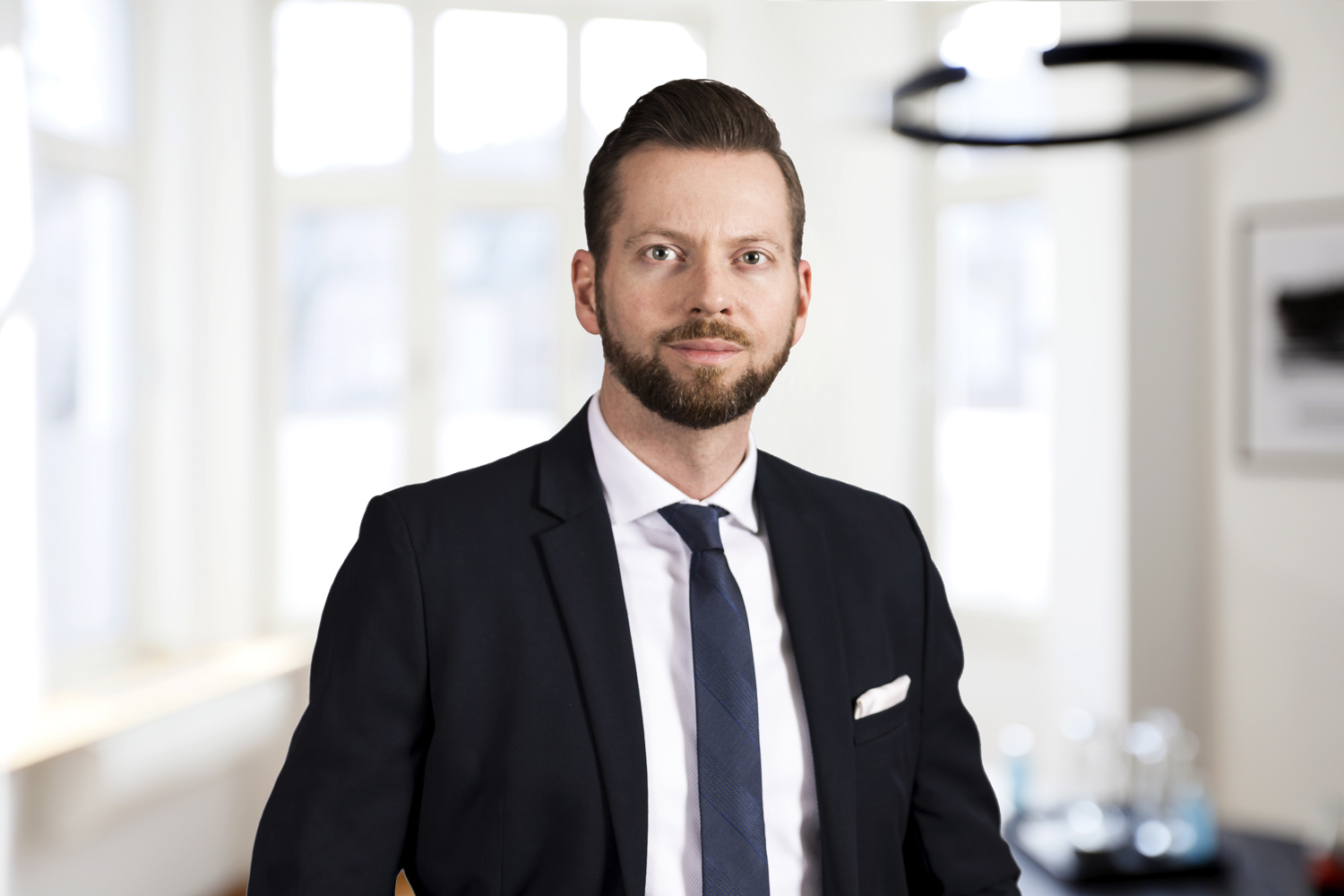In business life, one’s brand is an essential legal asset and, as such, often represents a considerable intangible asset: It embodies quality, image, and trust and ensures a corresponding recognition value. This results in a particular need for protection. Trademark registration offers efficient possibilities to protect the trademark against imitation, misuse and unlawful use so that the brand’s value is permanently preserved.
The German law firm Schlun & Elseven Rechtsanwälte offers expert and committed legal assistance to provide our clients with comprehensive support.
Our field of activity in German trademark law includes, among other things, the application for a trademark and the necessary trademark research, the examination of the protectability of a brand, the defence of the trademark through a warning notice as well as the protection against warning notices under German trademark law and the representation in the preliminary injunction and legal proceedings. Of course, we are also at your service for questions in related fields of law. Please do not hesitate to contact us directly to benefit from our services.
Legal Classification of the Trademark
As part of the law on distinctive signs, trademark law in Germany is assigned to protect industrial property rights (IP law). The legal basis for trademark law is the German Act on the Protection of Trade Marks and Other Signs Trademark Act (MarkenG) and the German Ordinance Implementing the Trademark Act (MarkenV). Protection under trademark law is granted to “[a]ll signs, particularly words including personal names, designs, letters, numerals, sounds, three-dimensional designs, the shape of goods or of their packaging as well as other wrapping, including colours and colour combinations […] if they are capable of distinguishing the goods or services of one undertaking from those of other undertakings” (Section 3(1) MarkenG). In addition to the actual designation as a trademark, business designations and geographical indications of the source are also worthy of protection.
Trademark protection results in an exclusive right of use and a right of defence against the use of the trademark by unauthorised third parties. Establishing trademark protection involves registering the corresponding trademark at the German Patent and Trademark Office (DPMA) register. Accordingly, when protecting a brand, a distinction must be made between the trademark already registered and the planned trademark. The planned trademark can be marked as protected within the scope of the forthcoming trademark application, but the actual legal protection is only granted upon registration.
Trademark Forms | Word and Figurative Mark
German trademark law includes a variety of content as a trademark. In practice, word and figurative marks are the most relevant. However, there are also:
- Three-dimensional marks,
- colour marks,
- sound marks,
- position marks,
- tracer marks,
- pattern marks,
- motion marks,
- multimedia marks,
- hologram marks,
- other trademarks, e.g., those perceived by the sense of touch or smell or mixtures of the above.
Word and figurative marks, or a mixture of word and figurative marks, are most frequently applied for in Germany. A word mark within the meaning of Section 7 MarkenV may be reproduced in usual characters, i.e., letters, numbers or other signs. They are not coloured or graphically designed.
Accordingly, the protection of a word mark comprises only the chosen sequence of characters. Upper- and lower-case letters and common spellings are included. Letters, numbers, and usual symbols (such as “:,+,-,?,!”) count as “signs”. As soon as the trademark to be registered does not only contain usual signs; it is no longer a pure word mark but either a mixed form of word and figurative mark or a figurative mark.
Word marks in which the visual appearance and design of lettering are in the foreground are considered word/figurative marks. Criteria for this are, for example, whether the words are printed in bold or italics and arrangements in several lines or positions. The lettering of a word/figurative mark is also not necessarily protected by copyright, as the visual appearance and design are the protected goods.
As the name suggests, figurative marks are images and elements that do not contain any written elements. The differences between the individual features can be fluid under certain circumstances.
Trademark Registration
From a factual point of view, registration as such is a simple step. Legally, however, various questions often arise beforehand. Who may register a trademark? Does a similar trademark already exist? What would happen to your trademark in such a case? Any natural person is entitled to file a trademark application and all legal entities and associations of persons participating in economic life. The circle of persons is not limited.
When registering a trademark, it is essential to consider whether a similar trademark has already been registered and whether earlier rights exist. If similarities are found, the next step is to examine whether there is a likelihood of confusion between the marks. In such a case, registration of the later trademark may be refused.
If similarities are overlooked at the time of registration or if a trademark is registered for other reasons, despite the likelihood of confusion, the trademark owner of the first registered trademark is threatened with injunctive relief and damages against the owner of the later registered trademark. Therefore, it is indispensable to check the existence of earlier rights independently and carefully before registering your trademark. Since this check can be time-consuming, you should seek the support of experts.
After receipt of the application for registration, the German Patent and Trademark Office examines the submitted documents for completeness and formal correctness. The existence of earlier rights needs to be examined ex officio, which is why this examination is the applicant’s responsibility. After successful review, your trademark will be entered into the register and published in the Official Gazette of the German Patent and Trademark Office.
Origin and Protectability of a Trademark
According to Section 4 (1) MarkenG, the creation of a trademark is achieved by registration in the trademark register. German trademark law then protects it according to the principle of priority, according to which the earlier registered trademark has priority over the later registered trademark. If a trademark is registered, although it infringes the rights of a previously registered trademark, cancellation and possibly a claim for damages can be asserted by way of opposition proceedings or also using an appeal before the courts.
Protectability forms the basis for registration and is subject to specific requirements. The established grounds for refusal may prevent the registration of a sign as a trademark. Thus, the protectability and character registration are excluded according to Section 8 MarkenG if the absolute grounds for refusal are relevant. This is the case; for example, if a trademark lacks the necessary distinctive character, a word of common usage is to be used as a trademark or if a sign cannot be represented graphically.
In addition, there are relative grounds for refusal, such as similarity to another trademark or the priority of another trademark due to the earlier registration in the trademark register. However, the relative grounds for refusal must be asserted through legal action or opposition proceedings. In contrast, in the case of absolute grounds for refusal, registration is excluded from the outset. The originality of each trademark is ensured by its protectability or requirements.
Legal Protection Measures
The German Trademark Act enables the trademark right owner or licensee to assert various claims in case of infringements against the trademark. Section 14 MarkenG lists various trademark rights infringements:
- Copying a trademark,
- imitation of a trademark,
- exploitation of a (well-known) trademark.
The extrajudicial and judicial enforcement of the rights is based on the following claims of the trademark right owner:
- Cease and desist (Section 14 (5) MarkenG),
- damages (Section 14 para. 6 MarkenG),
- enrichment (Section 812 German Civil Code, BGB),
- destruction (Section 18 MarkenG),
- recall (Section 18 MarkenG),
- information, (Section 19 MarkenG),
- inspection (Sections 19a, 19b MarkenG),
- notice of judgement (Section 19c MarkenG).
Both the variety of possible trademark infringements and the variety of ways to defend against them represent a legal challenge. Our team of lawyers will be happy to take over your trademark’s extrajudicial and judicial defence in all respects.

Practice Group: German Intellectual Property Law
Practice Group:
German Intellectual Property Law
Contact our Lawyers for German IP Law
Please use our online form to outline your request to us. After receiving your request, we will make a brief initial assessment based on the facts described and provide you with a cost offer. You can then decide whether you would like to engage our services.









